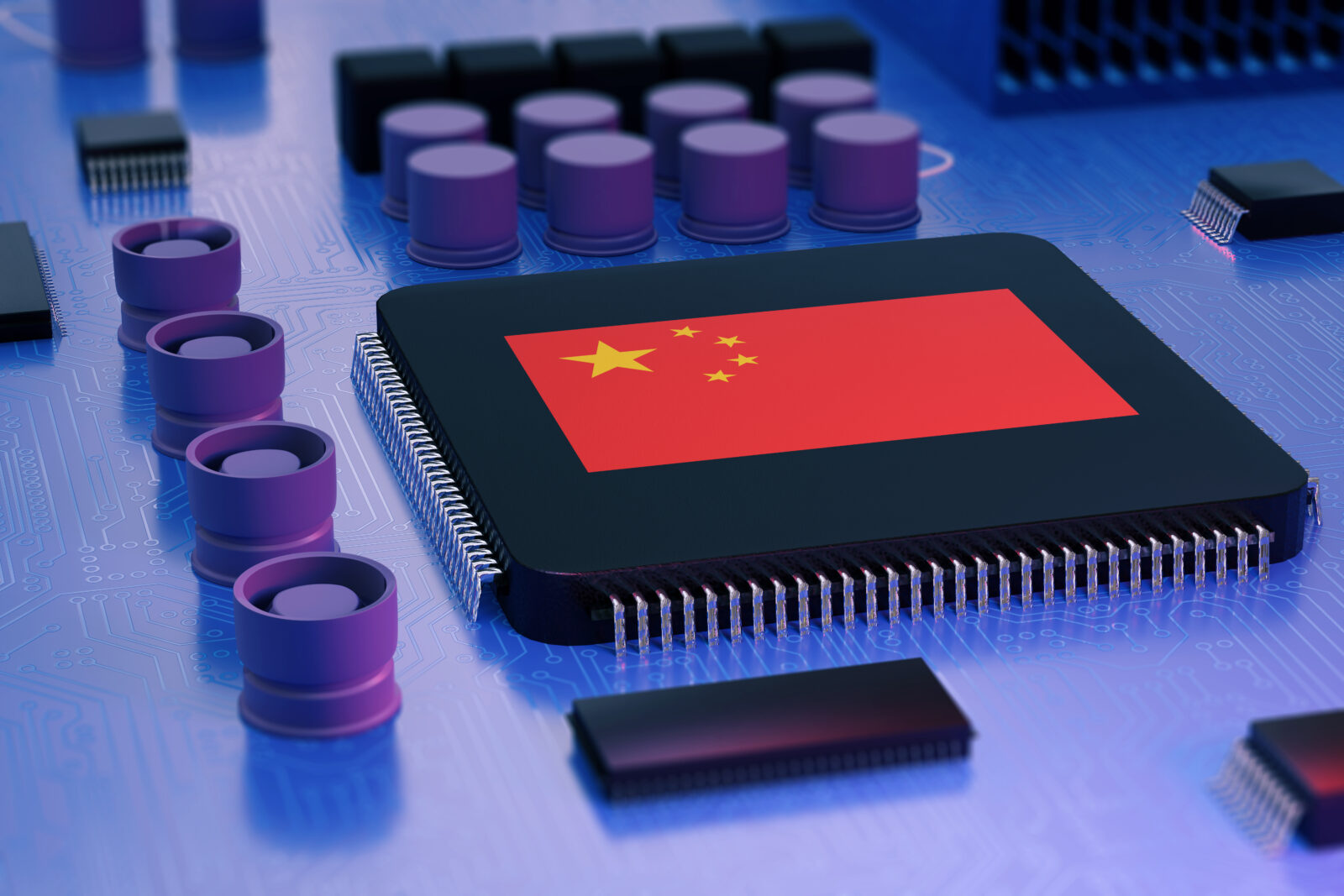Huawei Is an Asset, Not a Threat
Ren Zhengfei’s company should be celebrated as a triumph of the U.S.-led global trading system. Read at The Wall Street JournalAmong the world’s most inspiring business voices is Ren Zhengfei, founder-philosopher of Huawei, the disruptive and now condemned Chinese telecom-equipment company. Vilified as a cat’s-paw of the Chinese government, Mr. Ren has decided to place his trust in America’s legal system and launch a court challenge to the U.S. government’s campaign against his company — and family. His daughter, Huawei chief financial officer Meng Wanzhou, is fighting extradition to the U.S. from Canada on murky charges that she helped financial institutions violate American sanctions on Iran. She has been under house arrest in Vancouver, British Columbia, since December.
The U.S. is about to learn not to underestimate Mr. Ren. In three decades he turned the equivalent of $3,000 into China’s telecom-equipment champion and a multinational colossus. Huawei boasts $105 billion in annual revenue, operates in 170 countries, and employs 180,000 people. Its finance division, run by Ms. Meng, is staffed by hundreds of graduates of Harvard, Cambridge, Wharton and Yale.
In the U.S., anxious experts and rivals have offered many explanations and alibis for the rise of Huawei. Mr. Ren, they say, is an ex-officer of the People’s Liberation Army who created his company as a Trojan horse for communist hackers and spies. Huge subsidies and heists of intellectual property allegedly account for Huawei’s ascent.
Mr. Ren’s army career, however, was routine for Chinese youths and focused on engineering. As the son of a “capitalist roader,” Mr. Ren launched one of the first fully private firms in mainland China, pioneering a U.S.-style employee stock-ownership plan. Huawei triumphed by outperforming the state-owned enterprises that had previously dominated China’s telecom industry. Huawei’s independent auditor, KPMG, reports no major state subsidies and verifies Huawei’s private ownership structure, with 98.6% owned by employees and 1.4% by Mr. Ren.
Continue Reading at The Wall Street Journal